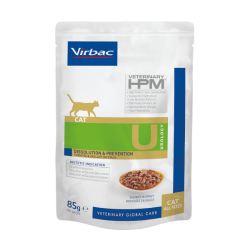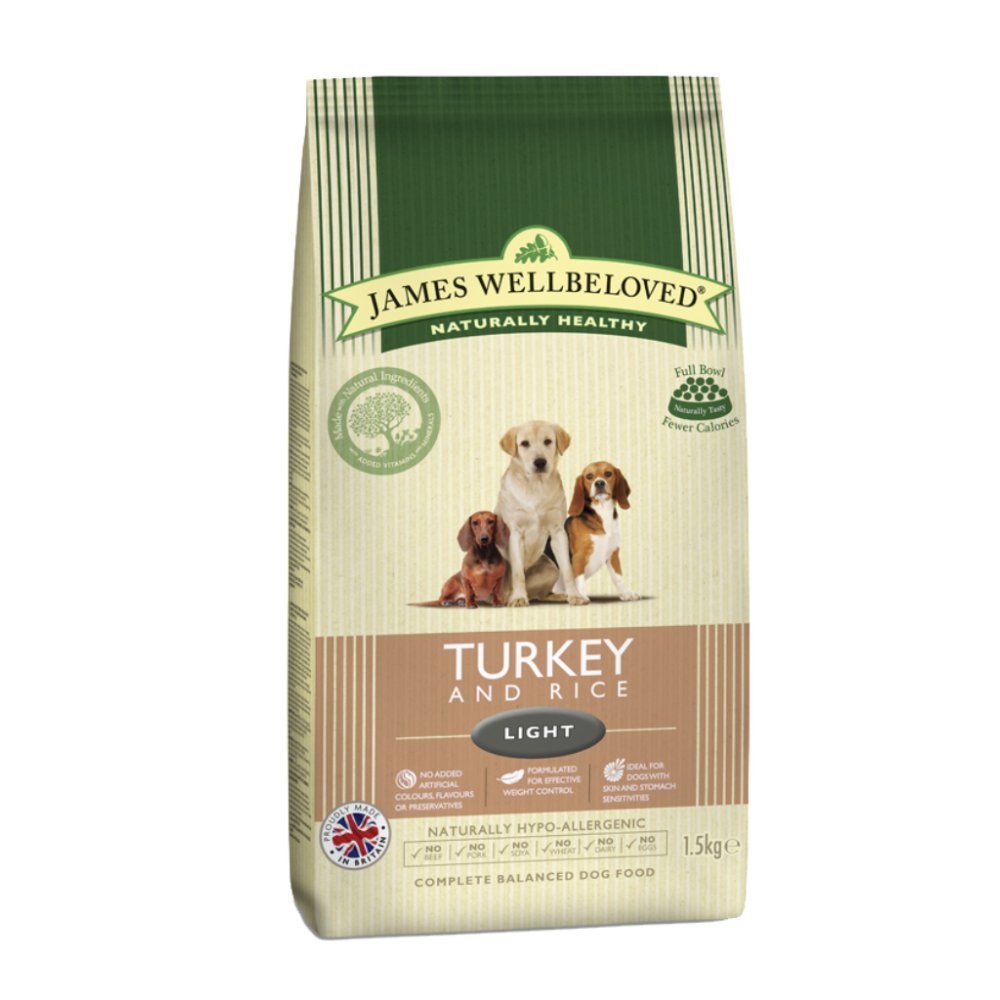
If you're looking to find a quiet and peaceful dog breed, this is the place for you. We'll be discussing the French Bulldog, Shih Tzu and Basenji in this article. These dogs all have different personalities, but one thing they have in common is that they don't like to be left alone for long periods of time. It's important to keep your dog close at all time.
Shih Tzu
Shih Tzus are very affectionate dogs and have been known to be good friends with children. This breed is great for apartment dwellers, as it can deal with young children's high energy. Although Shih Tzus are calm and gentle, some can dig holes or chase cats.
The Shih Tzu is a highly intelligent and trainable dog. It will learn to follow your commands faster than you can. They love being sociable and are happy to walk and play with other dogs.
English Toy Spaniel
Although the English Toy Spaniel is quiet and small, it's very active. These dogs enjoy yard play and moderate exercise. However, they don't like heat. In fact, you should keep your English Toy indoors during extremely hot weather. This breed is not averse to being outdoors, but it needs at least one hour of exercise each day.
English Toy Spaniels shed a little, but not excessively. Their hair will not need to be cut or washed often. However, they will require a comb once per week. You'll also need to check their ears on a weekly basis. You should also give them a trim every month.
French Bulldog

French Bulldogs are small dogs that are compact and have strong bones. They also have large forelegs spread wide and heavy chest bones. Although the French Bulldog can be stubborn, they respond well to consistent training and rewards like food. This breed is also known to snuffle and gassy, which can be uncomfortable for owners. French Bulldogs have a flat, brachycephalic head with wrinkled skin around their muzzle.
The French Bulldog is a friendly, lovable, and affectionate dog. Although this breed can be a bit nippy in its early years, French Bulldogs are generally well-tempered and do not show aggression. They are affectionate and love to be with other dogs, but need lots of attention. Although this breed is difficult to train, they can be a joy to be around once they are socialized.
Basenji
Basenji is one the smartest breeds of dog, and they can be quite independent at times. Although they are quiet and calm around other dogs, they can be alert towards strangers. Basenjis enjoy being independent and have a friendly nature. Basenjis are not happy being approached from behind. However, they love to interact with other dogs and people.
The small hound dog of central Africa is the basenji. It has a long, straight coat and doesn't shed much. The basenji has almond-shaped eyes and dark brown or hazel ears. It also has a curled tail. Basenji is an athletic, sturdy dog and needs to be exercised regularly in order to remain happy and healthy.
Whippet
Whippets might be the right breed for quiet dogs. The Whippet is a quiet breed that does not bark but will bark if it wants to communicate with you. It will also bark when it sees something it likes. If you have other pets, whippets get along with most of them, and they are gentle with children.
Whippets are small dogs with dolichocephalic heads and long, tapered snouts. Their powerful jaws are accentuated by their strong snouts. They have oval- or round-shaped eyes and are spaced far apart. Their ears are small and fold over their heads.
Shar-Pei

Although this breed is popular for their quiet temperament, they can be vulnerable to health problems. They are more susceptible to IBD and skin infections. These problems can be managed with medication and special diets.
Many Shar Pei owners love the calm behavior of their dogs. They won't bark or bother neighbors and they don't bark. Borzoi, however, is beautiful and has a long body. Although it does not bark, it is one of the fastest dog breeds in the world.
Japanese Chin
A Japanese Chin is a small, quiet dog that you might consider if you are looking for a quiet and calm breed. They are sensitive dogs that can pick up on their owners' moods. They are able to be quiet and reserved when introduced to new people and situations. However, they can also be playful or outgoing. If you're looking for a dog that will be quiet and affectionate, a Japanese Chin may be the dog for you.
The Japanese Chin can be a very charming and affectionate dog. This breed doesn't require a lot of exercise, and they get along well with children and other pets. These dogs are also fairly low-maintenance, requiring only minimal grooming and moderate exercise.
FAQ
What are the symptoms of a sick dog?
Many symptoms can indicate that your dog may be sick. Some symptoms are:
-
Vomiting
-
Diarrhea
-
Lethargy
-
Fever
-
Weight loss
-
You will feel less hungry
-
Coughing
-
Difficulty in breathing
-
Bleeding from behind the nose
-
You can find blood in your stool and urine
These are just a handful of examples. Your vet can tell you which signs to watch for.
What should I do if my dog bites someone?
If an animal attacks you, it is important to first make sure it isn't rabid. If this is not possible then you should call for assistance. You could be seriously hurt if you try to manage the situation yourself.
If the pet is not aggressive but bites, it should be taken to a veterinary hospital. Your vet will examine it, and then advise you if additional treatment is necessary.
In most cases, rabies shots will be required. These shots should not be administered by you. This should only be done by a licensed person.
How to feed a pet.
Cats and dogs eat four times per day. Breakfast is made up of dry kibble. Lunch is usually some kind of meat like chicken and beef. Dinner is usually some form of vegetables like broccoli or peas.
Different dietary requirements are required for cats. Canadian foods should be a major part of their diet. These include chicken, tuna fish, salmon and sardines.
You pet might also like to eat fruits and vegetables. However, they shouldn't be given too often. Cats tend to get sick if they overeat.
Your pet should never be allowed to drink water straight from the faucet. Instead, allow him to drink from a bowl.
Your pet should get enough exercise. Exercise keeps your pet's weight down. Exercise is good for his health.
Make sure that you clean the dishes after feeding your pet. This will prevent your pet from inhaling harmful bacteria.
Remember to brush your pet's coat regularly. Brushing dead skin cells can cause infection.
You should brush your pet at the very least once a week. Use a soft bristle toothbrush. A wire brush is not recommended. This can cause harm to your pet's smile.
When your pet eats, be sure to supervise him. He needs to chew his food properly. He may choke on bits of bone.
Garbage cans should be kept away from your pet. This can harm your pet's health.
Don't leave your pet alone in an enclosed place. This includes boats, hot tubs, cars, and boats.
Statistics
- Pet insurance helps pay for your pet's medical care, with many policies covering up to 90 percent of your vet bills. (money.com)
- Reimbursement rates vary by insurer, but common rates range from 60% to 100% of your veterinary bill. (usnews.com)
- It's among a relatively few companies that provide policies with a full (100%) coverage option, meaning you are not responsible for any co-payment of bills. (money.com)
- A 5% affiliation discount may apply to individuals who belong to select military, law enforcement, and service animal training organizations that have a relationship with Nationwide. (usnews.com)
- For example, if your policy has a 90% reimbursement rate and you've already met your deductible, your insurer would pay you 90% of the amount you paid the vet, as long as you're still below the coverage limits of your policy. (usnews.com)
External Links
How To
How to teach a Cat To Use The Litter Box
Although litter boxes can be great for reducing pet waste, they are not always a good choice for cats. They're often too small (or just plain wrong) for them to get comfortable in, and they may end up smearing the mess around the floor and leaving it there.
Here are some tips to help you ensure your cat uses the litterbox with the greatest success.
-
The box should have enough room for your cat to stand straight inside the box without having them crouch.
-
Place it in a place where your cat is most likely to be outside. If that doesn't happen, you can try placing it in a room with an outside door.
-
Give your cat water as often as possible while he goes through his usual routine of toilet breaks. It will also help to keep him hydrated and less stressed about the box.
-
Avoid making loud or sudden movements when you first introduce the cat to the box, especially if your cat has been outside for a while.
-
Once he has gotten used to it, praise him when he uses it correctly. He might be tempted to receive treats as a reward. However, these should not be given until he has finished his business.
-
Do not force your cat to use the box. If he refuses, ignore him and let him go until he changes his mind.
-
Be patient! It might take several weeks before your cat uses the box every day. Be patient.
-
If you notice any changes in your cat's behavior, such as aggression towards humans or animals, contact your veterinarian immediately. This could indicate a more serious condition, such as a bacterial infection of the kidneys.
-
Don't forget to clean up after your cat, including the area surrounding the box.